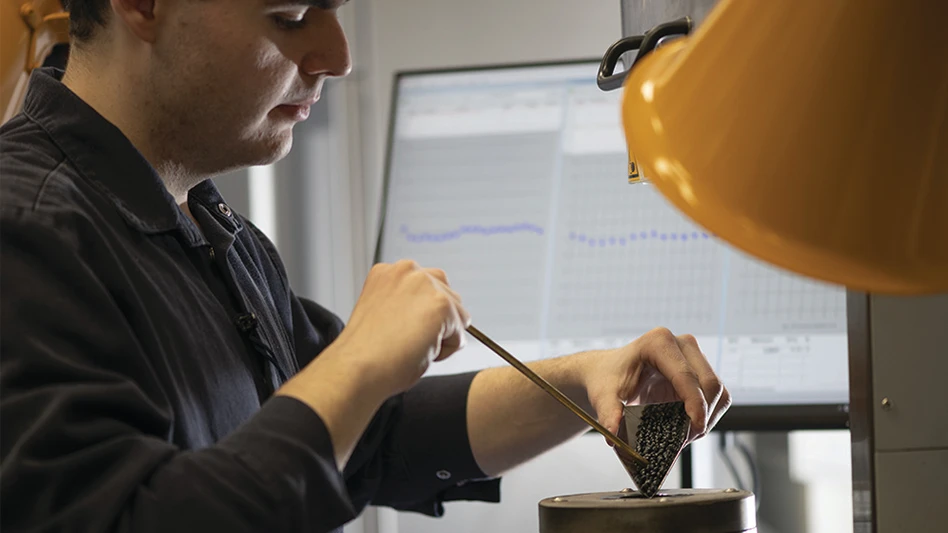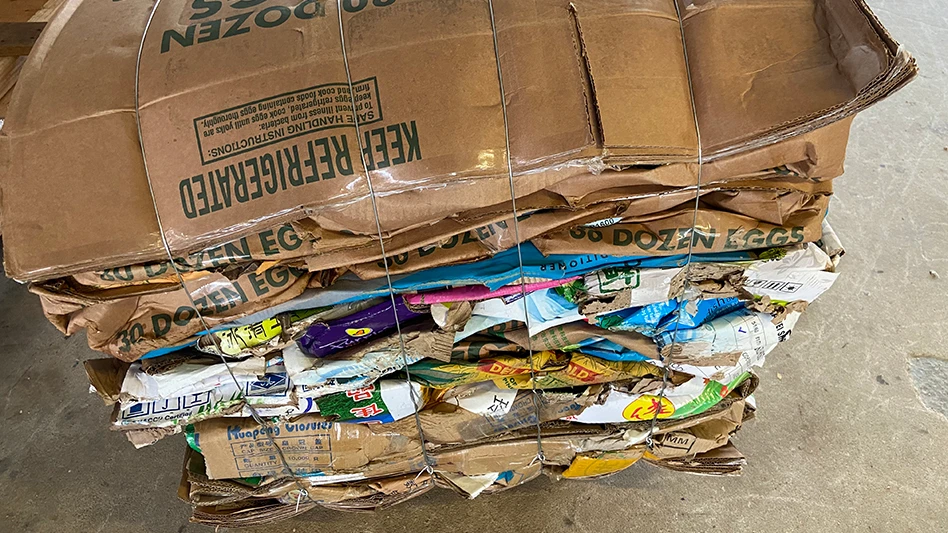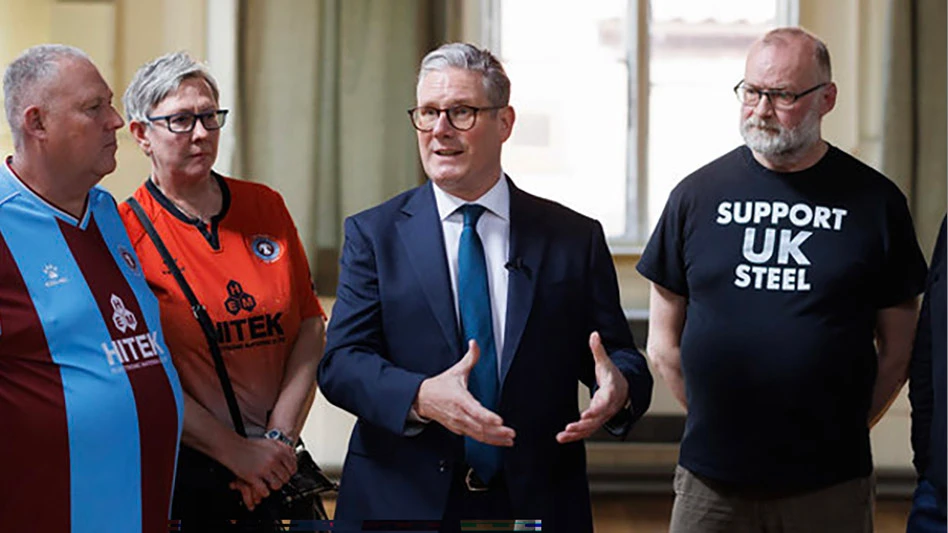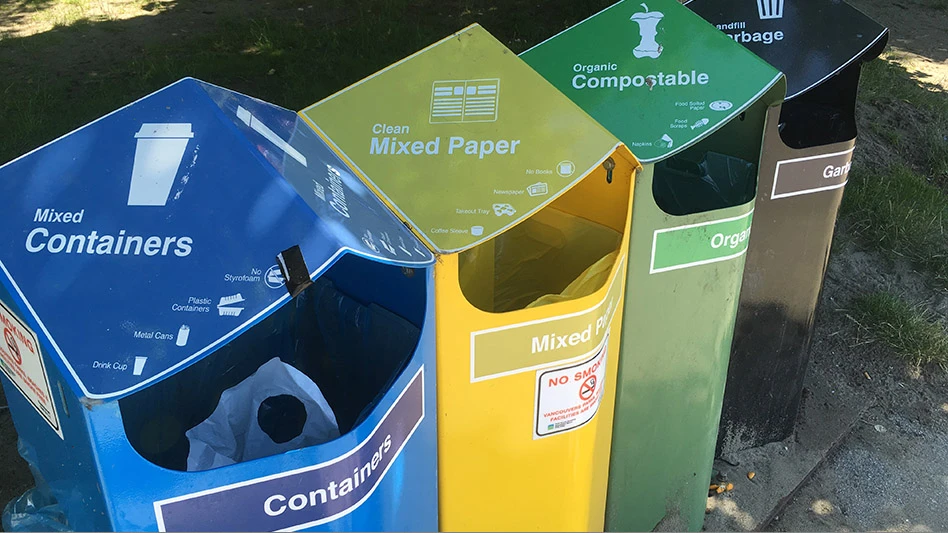Generation of and demand for secondary plastics are on the increase, according to sources, with a reprocessor based in the Midwest noting that generation is picking up as the thermostat drops.
However, one reprocessor based on the West Coast adds, “Scrap supply always seems tight.” He attributes this to competition for material.
The West Coast reprocessor characterizes demand as stable, while the reprocessor based in the Midwest points to strong demand for certain grades. “Demand is strong, especially for polypro, polyethylene and engineering grades used in automotive [applications],” he says.
The reprocessor based in the Midwest adds, “Polypropylene is flying off the shelf, so to speak, even though pricing is near a multiyear high.”
The reprocessor based on the West Coast says low-linear-density polyethylene (LLDPE) films are seeing increased demand, though demand for HDPE (high-density polyethylene) and PET (polyethylene terephthalate) bottles is declining.
Experiencing less than stellar demand has been rigid PVC (polyvinyl chloride). The Midwest-based reprocessor says, “Rigid PVC has been difficult on the lower end of the market due to some consolidation in the pipe/conduit makers where much recycled PVC ends up.”
Export demand also has picked up for various secondary plastics, with the reprocessor saying, “The export market seems to be returning to pre-Green Fence normalcy, though prices are still depressed from 2012 levels, and a few dirtier grades are still problematic to move.”
He adds, “The Indian converter market is strong, as is the Indian market for films that can be repelletized.”
Despite the momentum seen currently in some secondary plastics, the Midwest-based reprocessor says the strong U.S. dollar and declining oil prices are “two big elephants in the room.” He adds, “The strong U.S. dollar makes U.S. exports less attractive because they are higher priced in foreign currency. This is somewhat offset by the weakness in oil, which should bring down transportation costs.”

However, he continues, “As transport costs come down, so will the value of scrap plastic as feedstocks, as they are mostly petroleum-based—a vicious circle we all hope to be on the right side of.”
Speaking of transportation, the reprocessor says he expects trucking availability to tighten in preparation for the Lunar New Year.
Also of concern to both processors is the employee slowdown at West Coast ports, which stems from ongoing negotiations between the Pacific Maritime Association (PMA) and the International Longshore Workers Union (ILWU) for a new coast-wide labor contract. Negotiations began in May for the contract that expired July 1, and talks have been occurring almost constantly for the past six months, the PMA says.
According to the PMA, since Oct. 31, members of the ILWU have continued to work slowly in the ports of Tacoma and Seattle. Additionally, longshoremen on several shifts have walked off the job in Oakland, shutting down their terminals for the remainder of the shift. In the ports of Los Angeles and Long Beach, where growing congestion has been an issue for some time, the ILWU continues to short-shift crews by withholding qualified yard crane operators, the PMA alleges.

Explore the December 2014 Issue
Check out more from this issue and find your next story to read.
Latest from Recycling Today
- Commentary: How EPR is transforming the packaging industry
- Acerinox names new North American Stainless CEO
- Greenwave closes 2024 books with red ink
- Steel Dynamics nets $217M on record shipments
- Massive Chinese steelmaking rebound recorded in March
- LME looks into sustainable metal pricing
- OnePlanet Solar Recycling closes $7M seed financing round
- AMCS launches AMCS Platform Spring 2025 update





